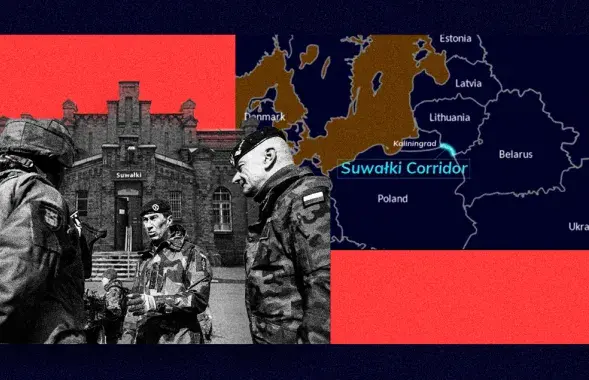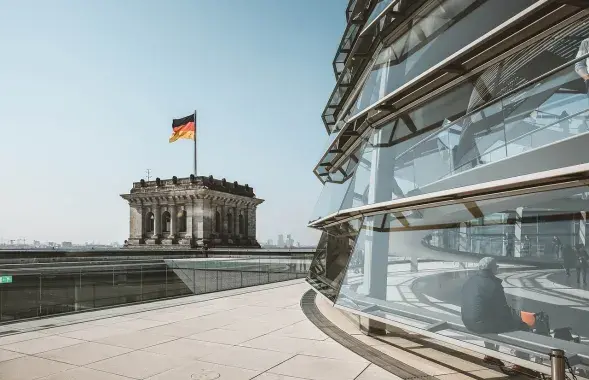Atroshchankau: I am not a free person and it wasn't release
The former political prisoner has told how he settles his life and commented on Kobets' statement with regard to recruitment in the KGB prison.
Euroradio: You went to the police today to
be put on record - is it a necessary procedure for persons who are pardoned?
Alyaksandr Atroshchankau: On the whole, I would say that I am not a free
person now, and it was not the release but the change of regime, as there are
certain limitations imposed on me. I am supposed to inform if I change the
place of residence, or if I leave for some place for more than a month. I
am also warned that the police will watch me if I break the administrative
legislation three times within a year. As for administrative offences, in our
country it is not even necessary to go out of the house to make them appear.
Euroradio: Are you allowed to go abroad?
Atroshchankau: They informed that they had no information about
any restrictions in this regard by then. They told me to go to the Passport
Office to clarify it, but, the most likely, I can go abroad.
Euroradio: Speaking about the civil activity -
what are your plans for the nearest future?
Atroshchankau: My plans for the nearest future are to achieve release
of those who are still in prison by any means.
Euroradio: Your ally Uladzimir Kobets, who is
abroad now, confessed that they had forced him to sign a paper on cooperation
with the KGB when he was in the KGB prison. Were there any suggestions of the
kind to you?
Atroshchankau: There were different suggestions to me, like to
give false evidence against Sannikau, Statkevich, Bandarenka. But I did not
talk to them. I did not talk at all, therefore the suggestions to me were in
the limited form. Naturally, they told about an opportunity to be released, an
opportunity for cooperation, they even promised to help me in my work if I
helped them. They sincerely told me it was the only way out of the KGB
prison.
Euroradio: Did they give you any examples,
like - this person and that person started cooperating with the KGB?
Atroshchankau: Yes, they did. but I would not like to repeat the
things that I heard from the people whom I don't believe.



















